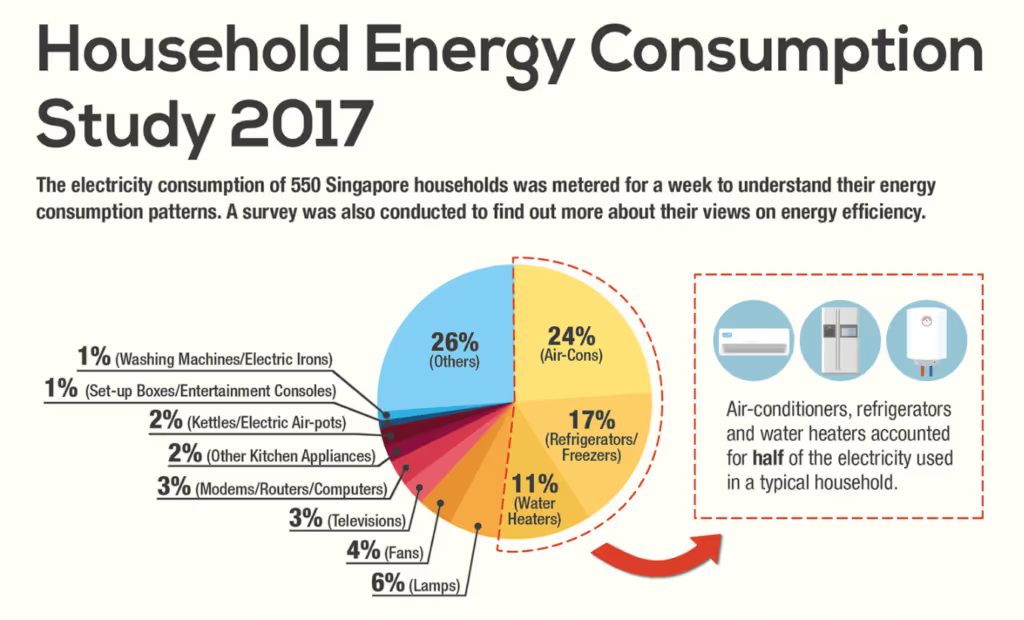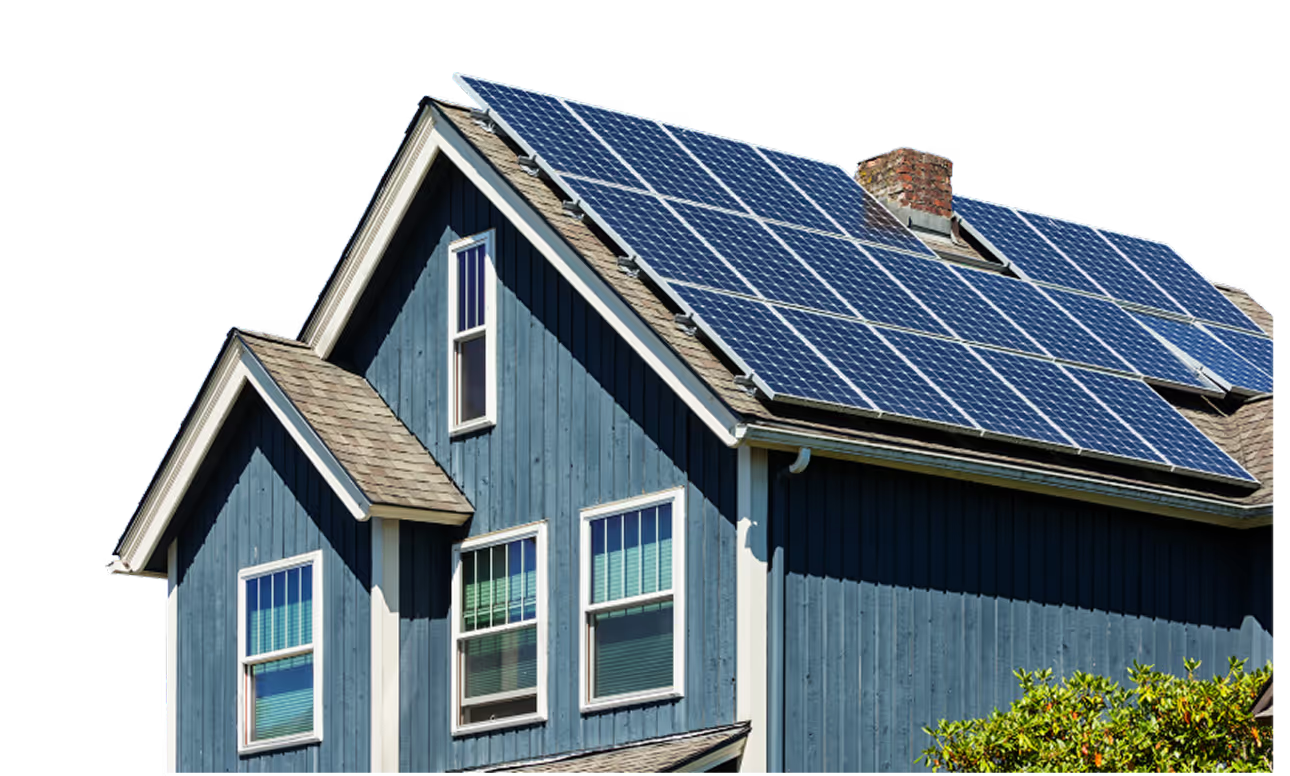
A global energy crunch is resulting in a surge in natural gas prices across Asia and Europe in the second half of 2021. Energy demand is rebounding as activities return to pre-pandemic levels for both businesses and consumers, while a fall in natural gas and coal production created a supply shortage. China is already seeing the impacts of this, being hit by power outages across regions.
The global energy crisis is an urgent problem, but we’ll cover that another day.
The Local Impact – Electricity Retailers Closing Down As Wholesale Market Prices Surge
On Wednesday, 13th October 2021, iSwitch shut its doors and just two days later, Ohm Energy announced they were also exiting the market, citing volatile electricity market conditions. Reuters has reported that SilverCloud Energy will soon be exiting. Our sources also expect several other retailers to follow in the upcoming months, with Diamond Electric and Best Electricity Supply no longer accepting customers.
While some market analysts have been expecting Singapore’s retail electricity market to consolidate for some time now with stiff price competition in the past two years as well as higher customer acquisition costs, these announcements came as a shock to many consumers.
The days of price plans with a 25% to 30% discount on regulated tariff seem to be over. An online search on the OEM marketplace shows at best a 6% discount-off-tariff, or fixed price tariff plans above $0.25/kWh as of writing this article.
Just a few weeks ago, SP Group published its latest tariff rates for October to December 2021 at $0.2411/kWh, a 3.1% increase from the previous quarter. Meanwhile, Singapore’s wholesale electricity market prices (also known as USEP or Uniform Singapore Energy Price) which is determined on a half-hourly basis has hit highs of up to $3.0184/kWh, at an average half-hourly price of $0.1556/kWh in September 2021, and $0.5358/kWh in the first two weeks of October 2021.
What Does This Mean For Consumers?
First off, for any of you who are current customers of iSwitch or Ohm Energy, there’s no need to worry about disruption to your electricity supply.
Both retailers will be transferring customers to SP Group automatically, with Ohm Energy customers transferred from 20 October 2021, and the transfer from iSwitch taking effect from 12 November 2021. Security deposits and an ex-gratia payment (for Ohm Energy customers) will be used to offset your final bill.
However consumers should expect that retail electricity prices will continue to rise in the short term. This is particularly as commercial and industrial operations in Singapore ramp up while the region struggles with energy supply.
What Can Consumers Do?
Conserve Electricity And Optimise Your Energy Usage
Minister for Trade and Industry Gan Kim Yong has already said it. As a country with more than 95% of our energy needs imported, Singapore will undoubtedly be affected by global energy price fluctuations. Electricity prices will continue to increase, and the best way that we can counteract this will be to conserve energy.
Let’s start by breaking down the math. Did you know that in the average Singaporean household, more than half of our electricity consumed powers just three appliances?

Here are some things you can do to reduce your energy consumption:
- Use a fan instead of air-conditioning:with air-conditioners being the largest energy guzzlers in the home, not turning it on can reduce your electricity bill by 25-35%. But of course in hot and humid Singapore, we understand this isn’t always the easiest. Consider also switching your air-con to a fan after one or two hours of cooling the room, and make use of the ‘residual air-con’ to keep your room cool. Setting timers on your smart devices can help you do so automatically each night too!
- Set your air-conditioner to 25 degree Celsius or higher: every degree raised is expected to generate up to 1% of savings on your electricity bill, as your air-con uses less energy. Experts also recommend 25 degree Celcius to be the most efficient temperature to maintain the coolness of your room.
- Use an energy efficient refrigerator:if your home’s refrigerator isn’t at least a 3-tick rating, it’s time to seriously consider an upgrade! These appliances lead to significant long-term savings in your electricity bill, and are often price competitive.
- Try taking cold showers: in Singapore’s heat, taking cold showers is a great way to help you beat the heat and avoid turning on your water heater. Even better when there are also associated health benefits to doing so!
- Install smart devices to easily track and turn off appliances:our lamps, fans, televisions and screens can also amount to a significant amount of energy collectively. The good news is that smart devices exist for these categories, which allow you to remotely control devices in your homes, track your energy consumption as well as set timers to turn on or off specific devices.
- Turn your power off at the socket:despite using the remote control to turn off appliances like televisions, many will continue to draw power, and turning them off at their power sockets can save you some energy from being sapped away.
- Wash your clothes in regular or ‘cold’ wash settings:not many of us know this, but up to 90% of the energyused by a washing machine occurs when heating water. While some believe that using hot water is a better way to remove bacteria from clothes, that is not always true! Most laundry detergents today are made to work better with cooler rather than warmer water, and using heated water may be counterproductive
Switch To SolarFor landed property owners or commercial property owners, switching to solar is one of the best ways for you to hedge against rising electricity prices, and get a low cost of electricity for the long term.In the past ten years, the cost of solar has plunged 89% and homeowners in Singapore can now expect to enjoy a 6 to 7 years breakeven period on solar systems, while your solar panels are warranted for 25 years and often expected to last up to 30 years. Larger commercial solar systems can break even as short as within 4 to 5 years!If you’re generating more solar than you need, you can even sell the excess solar energy generated back to the power grid for more savings. Solar homeowners who are under SP Group secure a fixed rate of selling excess solar at about $0.18/kWh, while homeowners under OEM retailers sell back at wholesale energy prices. That means, in the last couple of months, most solar homeowners under OEM would have been making a tidy profit!If you’re not ready to invest in solar panels yet, you can explore a solar-as-a-service model with GetSolar to enjoy immediate savings on your electricity bill, at zero upfront costs. These offers also provide property owners with free ongoing maintenance for a hassle-free solar experience.Get An Instant Solar Estimate For Your Property Now!

Whether you’re ready to install solar panels for your home, or just wondering how you can benefit from solar, you can use our instant solar assessment tool to get an estimate of the solar potential of your property and find out how much you can save. At GetSolar, our mission is to make it as simple as possible for property owners to get solar.

Rent-to-Own Solar for Business with Guaranteed Performance
Immediate ROI




Rent-to-Own Solar. $0 Upfront cost. Guaranteed Savings
(10-Year RTO plan)
+ 10-Year Free Maintenance





.png)

%20How%20Singapore%20Green%20Plan%202030%20supports%20solar%20adoptions.png)



